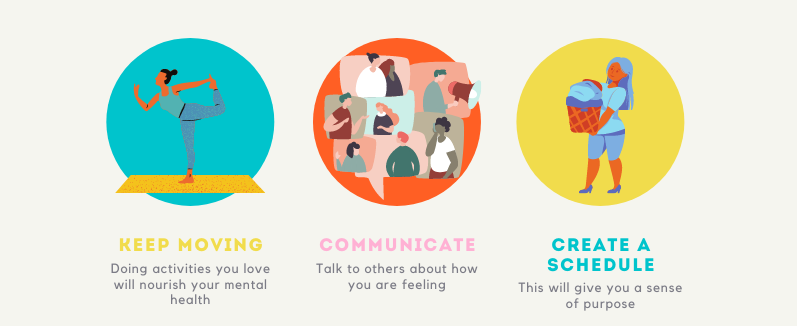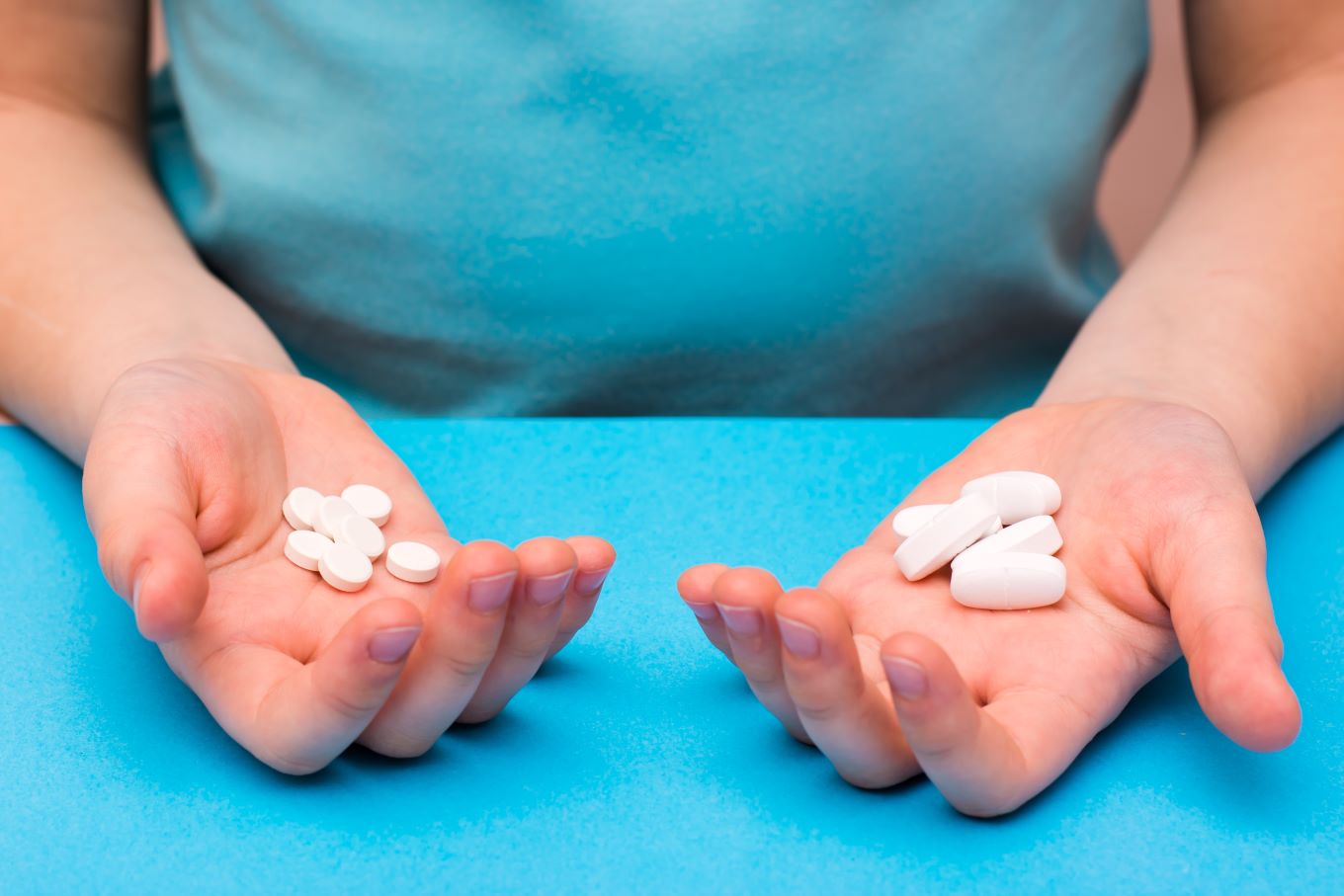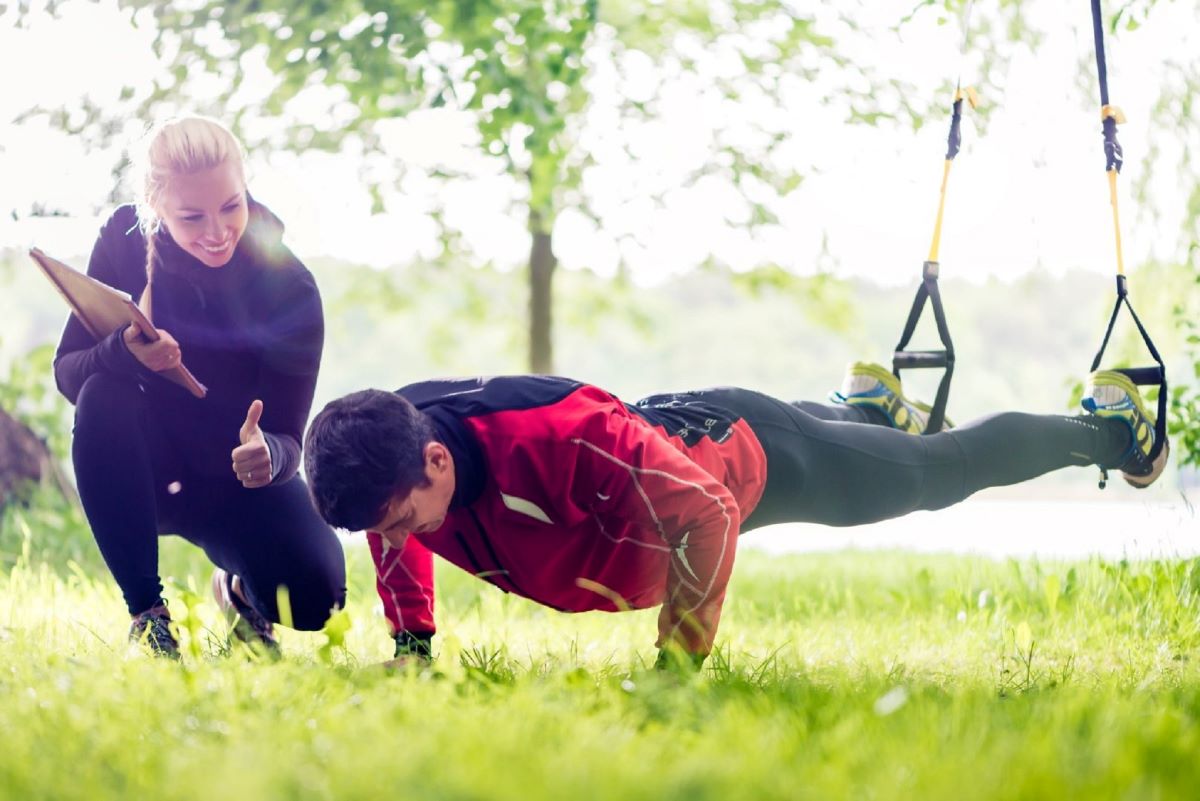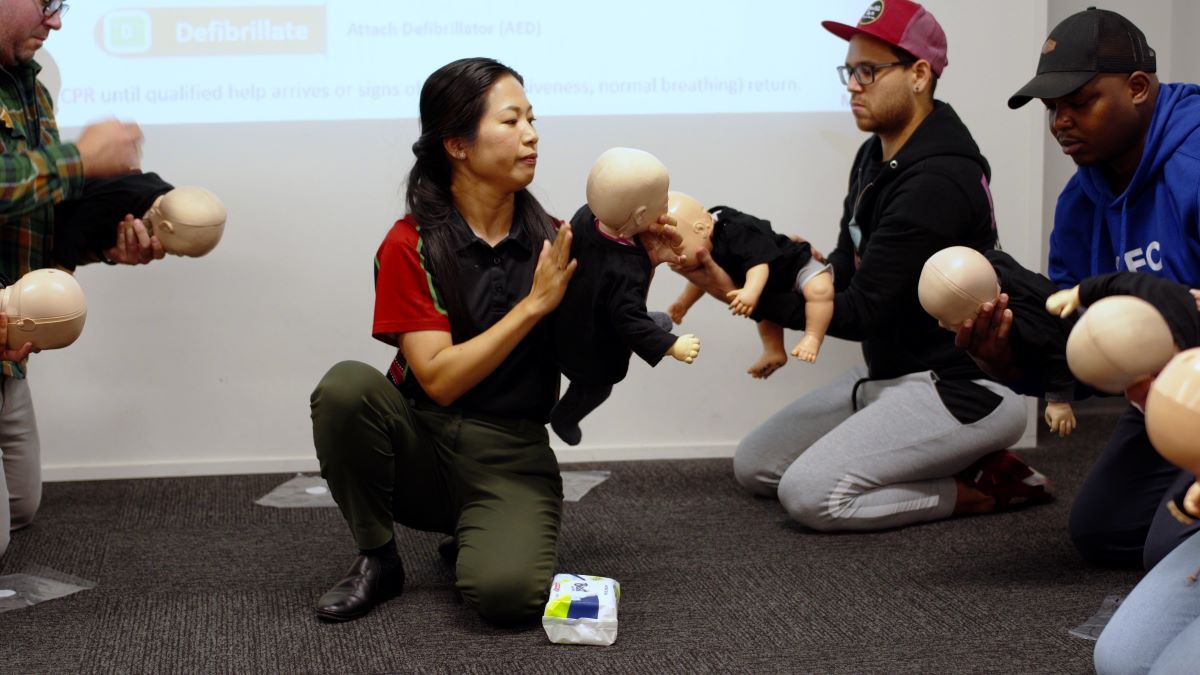Being alone for a long time, as many of us have been across the last year due to the covid 19 pandemic, can take a toll on your emotional and physical health. Whether you live alone, with housemates or even family members, you may feel disconnected from those you love who are not in your home ‘bubble’. Navigating these feelings can be challenging, and you may think you are in a state of isolation and loneliness. To help your mental health, it is essential to take measures to boost your psychological wellbeing.
Social Isolation
Being social while having to stay isolated may seem like a bit of a contradiction. It’s important to remember, though, that whilst you may not be able to have physical contact with your loved ones, the relationships and friendships you have built are still just as strong and valid. You may feel depressed from social isolation, or anxiety may be creeping in at the thought of having to socialise at all. Regardless of how you feel, the pandemic is creating situations of social withdrawal and unprecedented associated depression.
It’s more important than ever to stay connected to others. You can do this through social media and online platforms. Try calling friends and catching up, or if you are more of a visual person, you can video chat with your family. If you are lucky enough to live with others, then you can organise a fun games night with your housemates or host a dinner party once a week. It doesn’t have to be extravagant or stressful, just a chance to help subside the negative effects of social isolation and get back in touch with the community around you.
Keep Moving
Covid 19 has meant changes to our lifestyles and, in many cases, it has affected our range of movement, diet and alcohol consumption. Studies by the Australian Institute of Health and Welfare have shown a significant increase in alcohol consumption throughout the pandemic, with 1 in 5 Australians reporting increased alcohol use, half of those having 1-2 drinks more a week, and 28% having 3-4 drinks extra.
Females are also more likely to increase their alcohol consumption than males; they are also reporting higher levels of loneliness and accessing mental health services at a higher rate.
Exercise can help mental health issues and combat the effects of social isolation. By moving your body, you can release endorphins, serotonin and reduce your overall stress. The benefits are just as crucial for your psychological health as your physical. Exercise can also lessen symptoms of depression and anxiety, and it can help you sleep.
Now, by no means does this mean you have to sign up to run a marathon. Start small, try and increase your daily steps, even if it’s just jogging on the spot between ad breaks on TV shows. Or try to add a social element by taking part in an online gym class. You could even take up yoga and build it into your day.
Schedules and keeping time
Being at home can mean that you are missing out on some of the common signals that your day has reached a certain point- whether that be your morning commute to the office, the 11 am coffee break, lunch with colleagues or the school pickup.
Losing these timestamps means that you may feel a bit lost in your day to day routine, and you may feel that you lack purpose. To help measures, it is important to find a new routine that can be associated with the current restrictions, but that keeps you feeling yourself.
If you are working from home, try:
- Getting dressed in your normal clothes every day
- Waking up at the same time
- Having lunch at the same time
- Creating a separate workspace
- Taking regular breaks at specific times
- Exercising
If you are not working:
- Get up at the same time
- Shower everyday
- Workout
- Get dressed in ordinary clothes- don’t stay in your pyjamas all day!
- Create a to-do list of things you may have been avoiding
- Take up a new hobby
Communication is key
You may feel that you have forgotten how to socialise and that isolation and loneliness have taken their toll. Your mental health is the most important thing, but it is essential to harness your relationships in times of significant distress so that your community can rally around you.
It is important to talk about how you are feeling. If you are too nervous about making a call or video chat, try texting or messaging others on social media. It’s important to note that while you may be experiencing loneliness at the current time, you are not alone.
Where to get help
If this article has brought up any concerns for yourself or your loved ones, you can access many support networks.
If you’d like to educate yourself on how to notice the symptoms of mental health issues within others, you can take a quick mental health course.
However, if you need something more urgent, contact Lifeline on 13 11 14 to speak to a trained professional.







